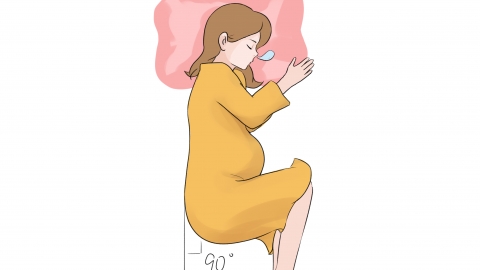Is it necessary to seek timely medical attention for urinary tract infections in the late stages of pregnancy?
Generally, urinary tract infections (UTIs) in the late stages of pregnancy require prompt medical attention. The details are as follows:

The late stages of pregnancy typically refer to the period from week 28 of gestation to week 40. Urinary tract infections are a group of inflammatory conditions caused by various pathogenic microorganisms growing and multiplying in the urinary tract. During pregnancy, hormonal changes, slowed ureteral peristalsis, an enlarged uterus, and fetal head engagement make pregnant women more susceptible to UTIs. Once infection occurs, it may affect the fetus, increasing the risks of preterm birth, premature rupture of membranes, miscarriage, and even impacting placental blood supply, thereby affecting the fetus's nutrient intake and oxygen supply.
Symptoms of UTIs in late pregnancy usually include urgency, frequency, and painful urination. They may also be accompanied by urethral burning, hematuria (blood in urine), and headaches. If left untreated, the infection may ascend and cause more severe complications such as cystitis (bladder inflammation) and pyelonephritis (kidney inflammation), leading to symptoms like back pain, lower abdominal pain, and chills in the pregnant woman.
Pregnant women should drink plenty of water daily to increase urine output, flush the urinary tract, and reduce bacterial growth. They should also wash the external genital area with warm water every day, avoid using harsh cleansers, and wipe from front to back after using the toilet to prevent bacterial proliferation.









